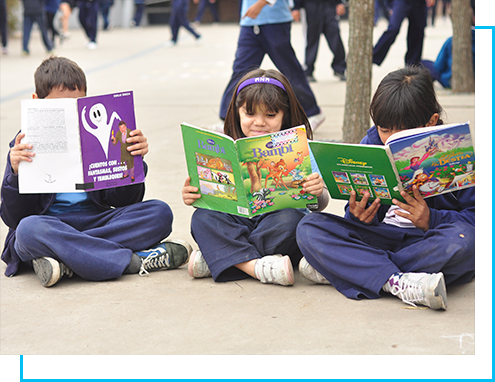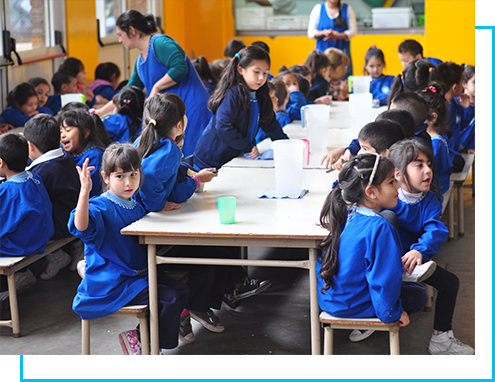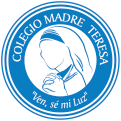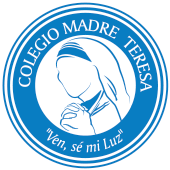Pedagogical Conception
Faced with unresolved educational challenges that create the painful educational exclusion of many, and especially of the most vulnerable groups, there is an interest in making the right to education effective, from a perspective of rights (Finnegan & Papagano, 2007). This implies guaranteeing the right to quality education to all children, respecting and promoting their right to dignity and an adequate development.
Educational inclusion today is not only defined by access to a school. It involves the integration of different dimensions to allow children and youth to have the opportunity to develop the thinking processes to understand, coexist, and develop themselves in a complex world (Aguerrondo, 2008).
Educational inclusion today is not only defined by access to a school. It involves the integration of different dimensions to allow children and youth to have the opportunity to develop the thinking processes to understand, coexist, and develop themselves in a complex world (Aguerrondo, 2008).


This requires an education that considers each child and young person in their form of being and learning. It involves diversifying the proposal and ultimately reinventing the educational organization. Pre-existing formats must be challenged, learning does not occur in a specific place or in a single way. Rather, learning requires authentic learning environments generated from a contextualized reflection of educational practices.
These considerations, adopted by Colegio Madre Teresa, conform a pedagogical conception that fundamentally considers the child and young person as a subject of rights that enables the educational relationship, with high expectations about the potential of students and the team for learning and where collaborative learning is promoted. In short, we create institutional agreements that facilitate new spaces in a community that learns by doing, reflecting, creating, and validating knowledge together.
These considerations, adopted by Colegio Madre Teresa, conform a pedagogical conception that fundamentally considers the child and young person as a subject of rights that enables the educational relationship, with high expectations about the potential of students and the team for learning and where collaborative learning is promoted. In short, we create institutional agreements that facilitate new spaces in a community that learns by doing, reflecting, creating, and validating knowledge together.
Let’s stay in touch
- Pasteur 5350, (CP 1646) San Fernando
- Phone: 5067-3099/3100
- contacto@colegiomadreteresa.edu.ar
COLEGIO MADRE TERESA – COPYRIGHT 2019. Diseñado por Synapsis C.I



